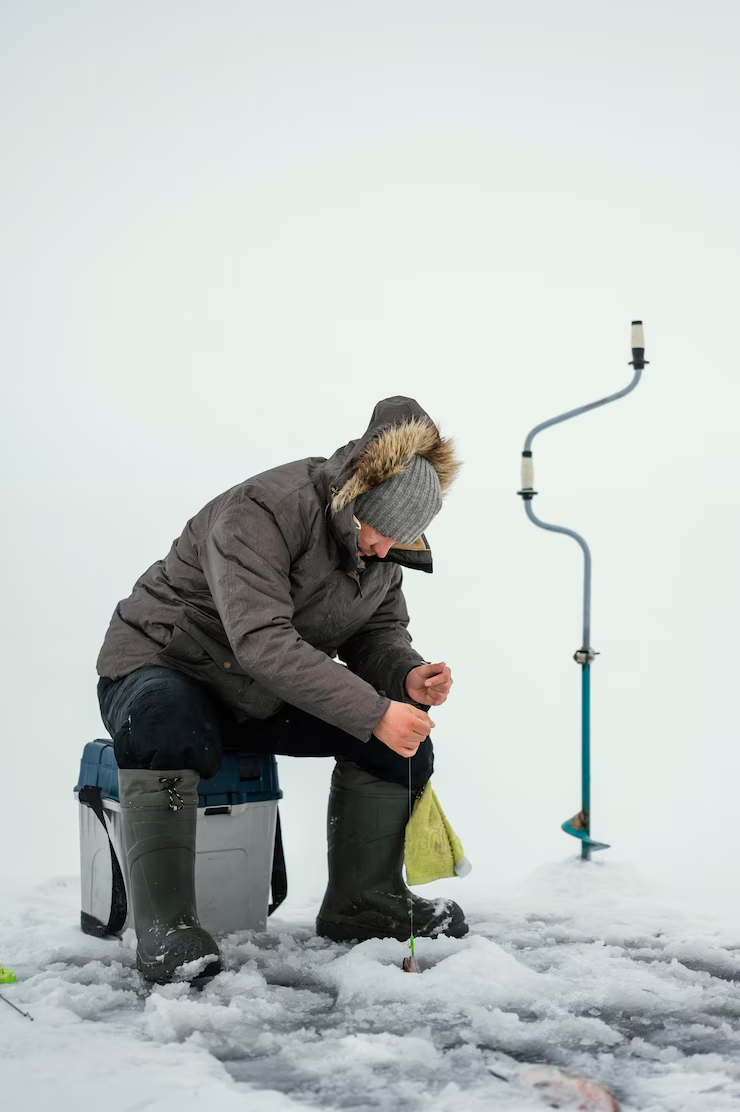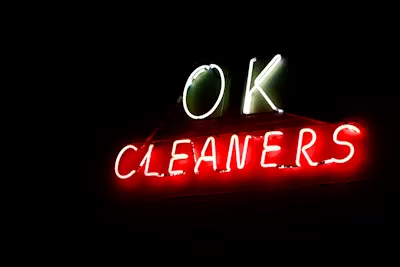HVAC systems are pushed to their limits during extreme weather, whether it’s a heatwave in summer or a freezing cold spell in winter. A sudden malfunction at such times can be more than inconvenient; it can be dangerous. Homes and businesses rely heavily on climate control for comfort, health, safety, and protecting property. When HVAC systems fail, the surrounding environment can deteriorate rapidly, potentially causing secondary damage to structures, electronics, and plumbing. Emergency HVAC repair becomes more than a quick fix—it is a critical line of defense against escalating problems. We will explore how timely intervention during extreme weather can prevent compounding damage, maintain safety, and protect long-term investments.
Why Timely Emergency HVAC Repair Matters During Extreme Conditions
- Prevents Structural Damage to the Property
When an HVAC system fails during extreme cold, the temperature inside the property can quickly plummet. Water inside pipes can freeze and expand without sufficient heating, leading to burst pipes. The resulting water damage can destroy walls, flooring, ceilings, and insulation, requiring far more costly and time-consuming repairs than fixing a heater. Similarly, during intense heat, excessive indoor humidity can warp wood, cause drywall damage, and promote mold growth. If left unchecked, these issues can compromise the structural integrity of a home or building.
Emergency HVAC repair ensures that climate control is restored before such damage occurs. It is a barrier between your property and the costly consequences of nature’s extremes. While durable, HVAC units are not immune to breakdowns, and time becomes critical when they occur during a temperature crisis. Fast intervention restores comfort and actively halts further damage that could spiral into significant renovation or reconstruction needs.
- Protects Electronic Devices and Appliances
Modern homes and businesses have sensitive electronics—computers, refrigerators, televisions, and HVAC control systems. These devices operate within a specific temperature and humidity range. Excessive heat can cause them to overheat, shut down, or suffer internal damage to circuits and processors. Excessive cold can cause batteries to drain faster and screens to freeze or crack. Emergency HVAC repair prevents indoor environments from becoming hostile to these devices. When systems fail in extreme conditions, there’s a small window before devices begin to suffer. Even a slight temperature shift can disrupt operations or destroy valuable data in server rooms or offices.
High humidity, often a byproduct of broken air conditioning, also promotes condensation, which can damage internal components of electronics. Timely repair keeps environmental conditions stable, safeguards your technological investments, and avoids the need for costly replacements. Quick action is essential to restore air flow and prevent irreversible damage to electronics and appliances that depend on controlled climates.
- Prevents Health Risks to Occupants
Human health is especially vulnerable during extreme weather events. In the summer, excessive indoor heat can lead to dehydration, heat stroke, and respiratory issues, especially for children, the elderly, and individuals with chronic illnesses. In the winter, exposure to cold can cause hypothermia, respiratory infections, or exacerbate cardiovascular conditions. A malfunctioning HVAC system can rapidly make indoor environments dangerous. Emergency HVAC repair helps maintain a safe and habitable climate, giving occupants the temperature stability they need to stay well.
For those who rely on medical equipment that requires a steady environment, such as oxygen machines or refrigerated medications, HVAC failure can quickly escalate into a health emergency. Fast repairs ensure that vulnerable residents are not at risk and that basic living conditions are restored soon. While preventative maintenance helps reduce the likelihood of emergencies, the speed of response in crises can mean the difference between discomfort and danger.
- Avoids Escalation of HVAC System Damage
When a heating or cooling unit breaks down during extreme weather, continuing to operate it or letting it sit inactive can compound internal damage. For instance, a minor component failure in the compressor or blower motor can overburden other system parts if left running. The result could be a complete system failure rather than a manageable repair. Emergency HVAC service identifies the root problem and prevents further deterioration by stopping the chain reaction of strain on interconnected components.
Moreover, emergency technicians can assess secondary issues that may not be immediately obvious. For example, clogged filters, blocked vents, or low refrigerant levels might not seem urgent at first, but can rapidly damage the core of the system when temperature demand is high. Timely attention avoids the need for full replacements or expensive overhauls. By addressing problems early, emergency repairs preserve the lifespan of HVAC units, ensuring that a small malfunction doesn’t spiral into a full system crisis.
When extreme weather strikes, emergency HVAC repair protects property, health, and finances. Delays can turn minor malfunctions into catastrophic events that demand large-scale repairs or replacements. Whether it’s shielding electronics from heat, preventing burst pipes in the cold, or maintaining safe indoor conditions for people, quick intervention makes all the difference. We have explored how timely repairs serve as a first defense against costly consequences, often reducing or entirely avoiding the damage that makes a return to normal living expensive and stressful.
While routine maintenance is always encouraged, emergencies don’t follow schedules, and having immediate access to repair services can be the critical step that prevents further damage. In moments of extreme weather, time matters. By taking fast action and recognizing the signs of HVAC failure early, homeowners and property managers can safeguard their spaces and maintain comfort, even in the most challenging conditions.











